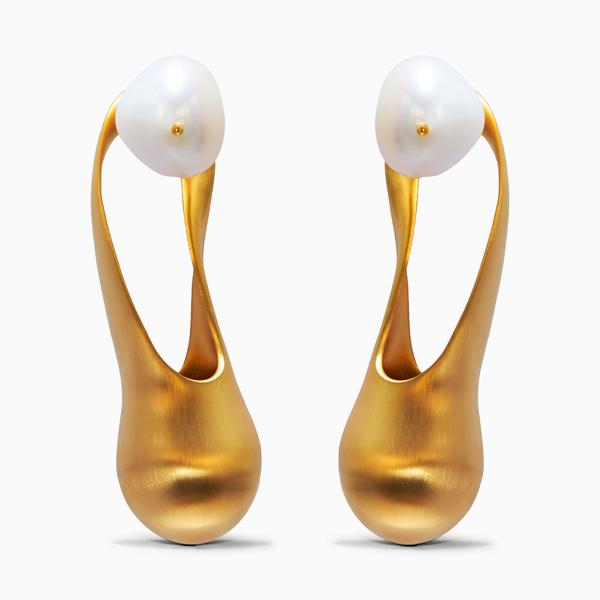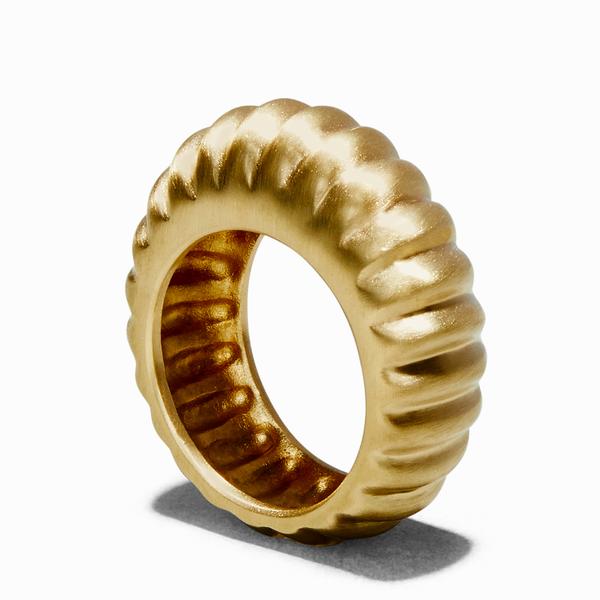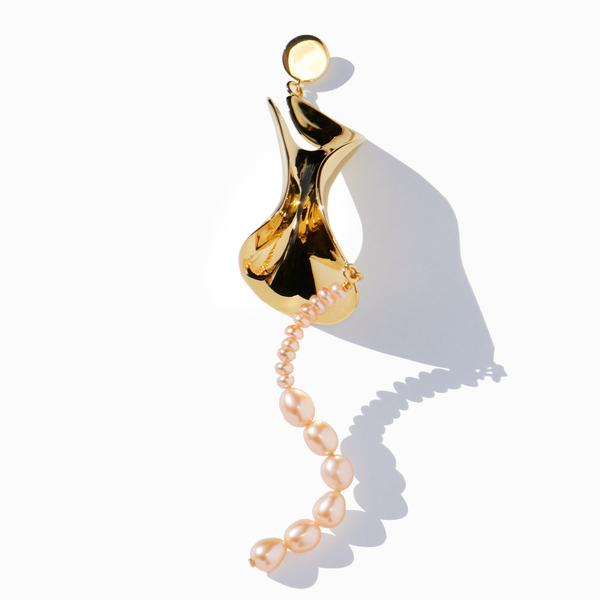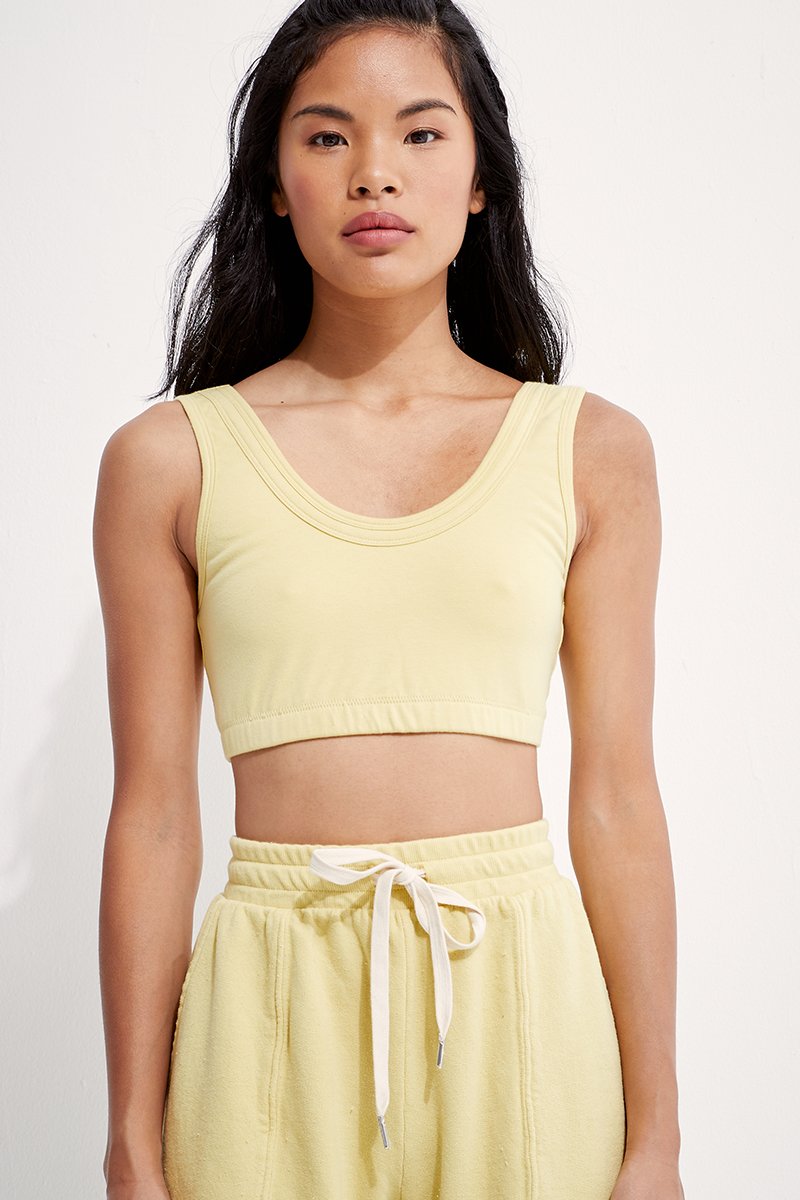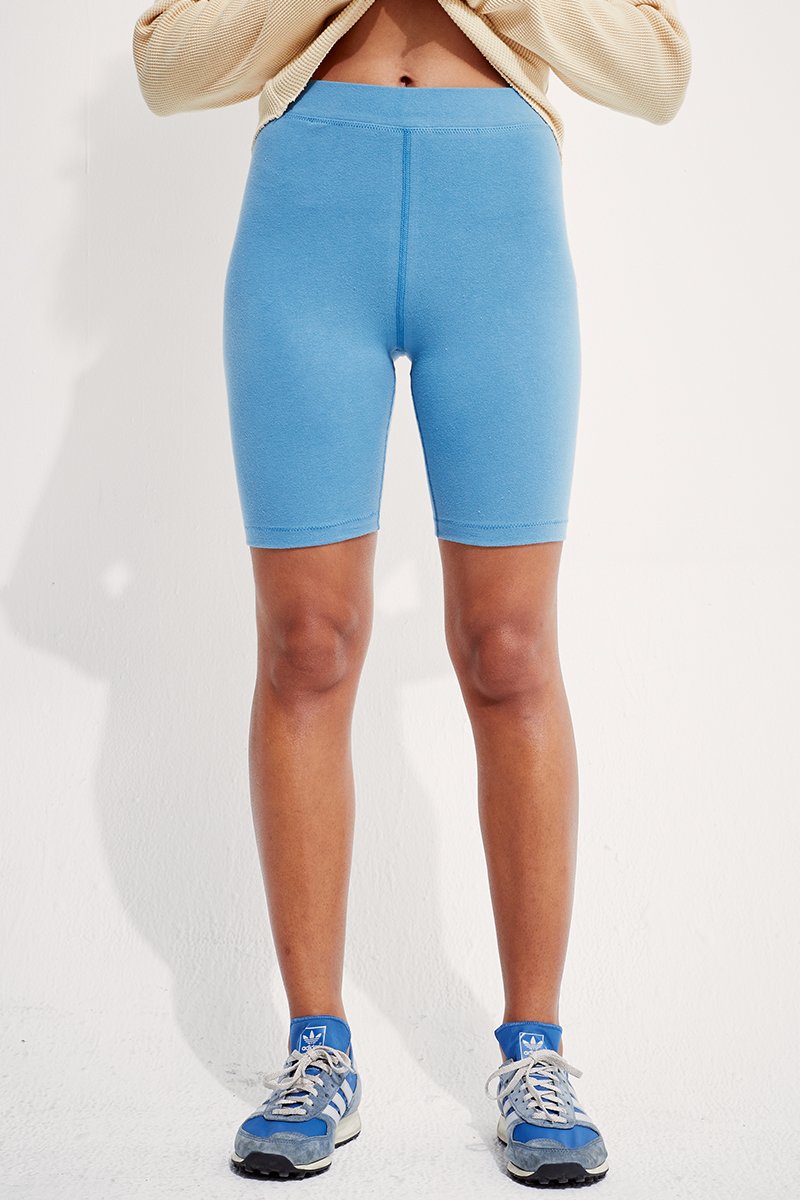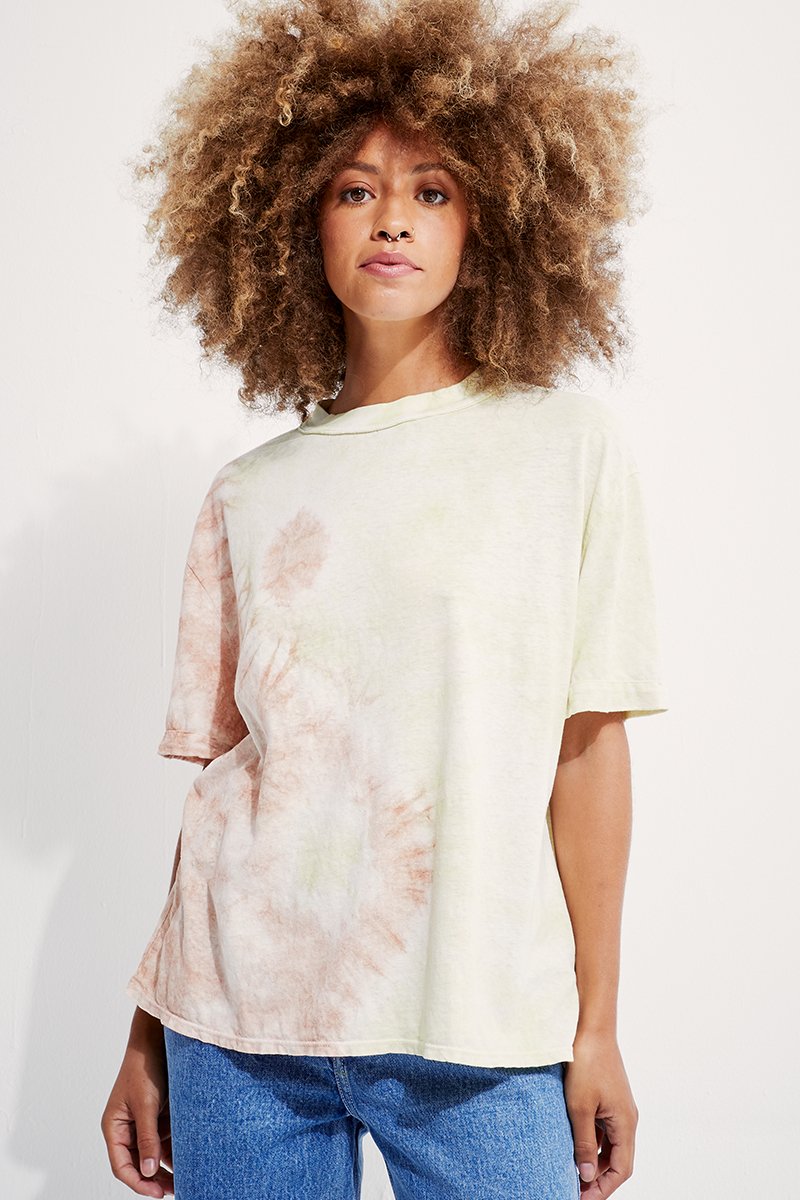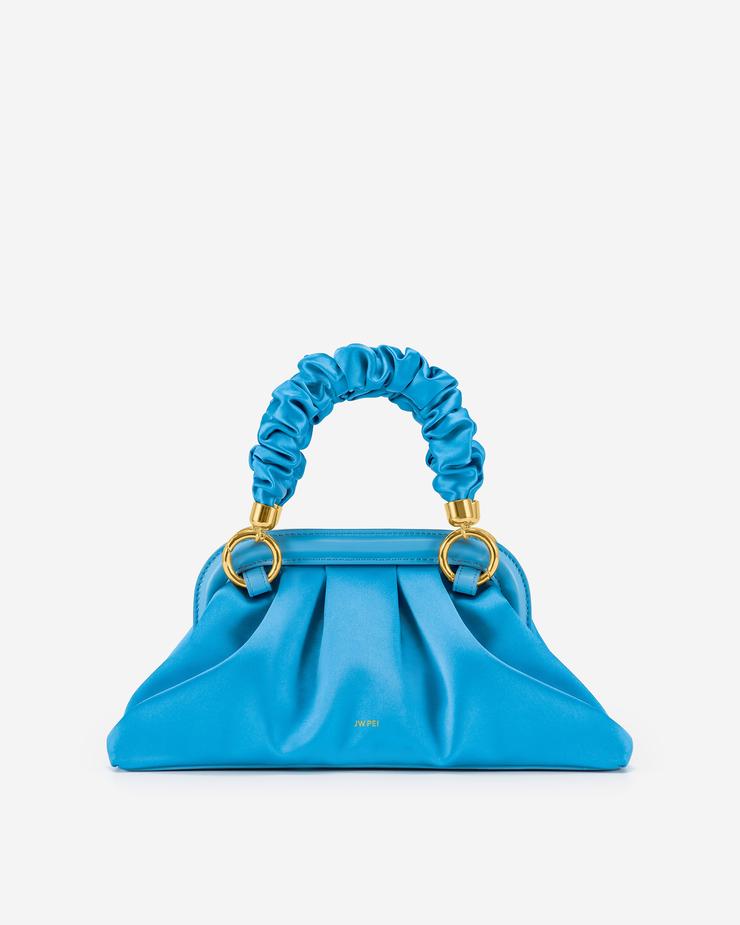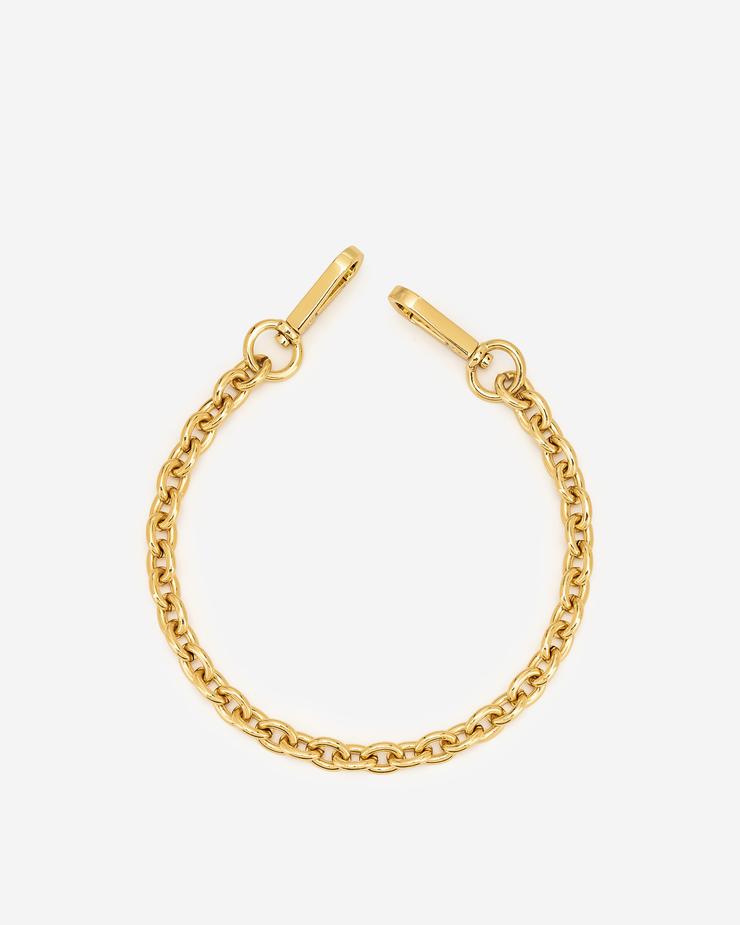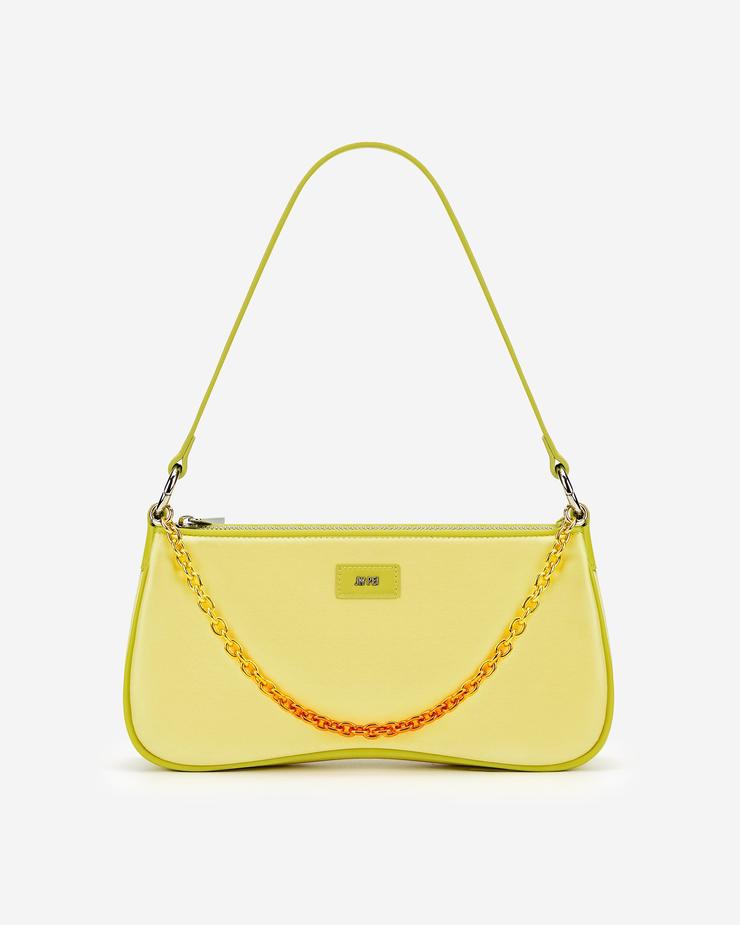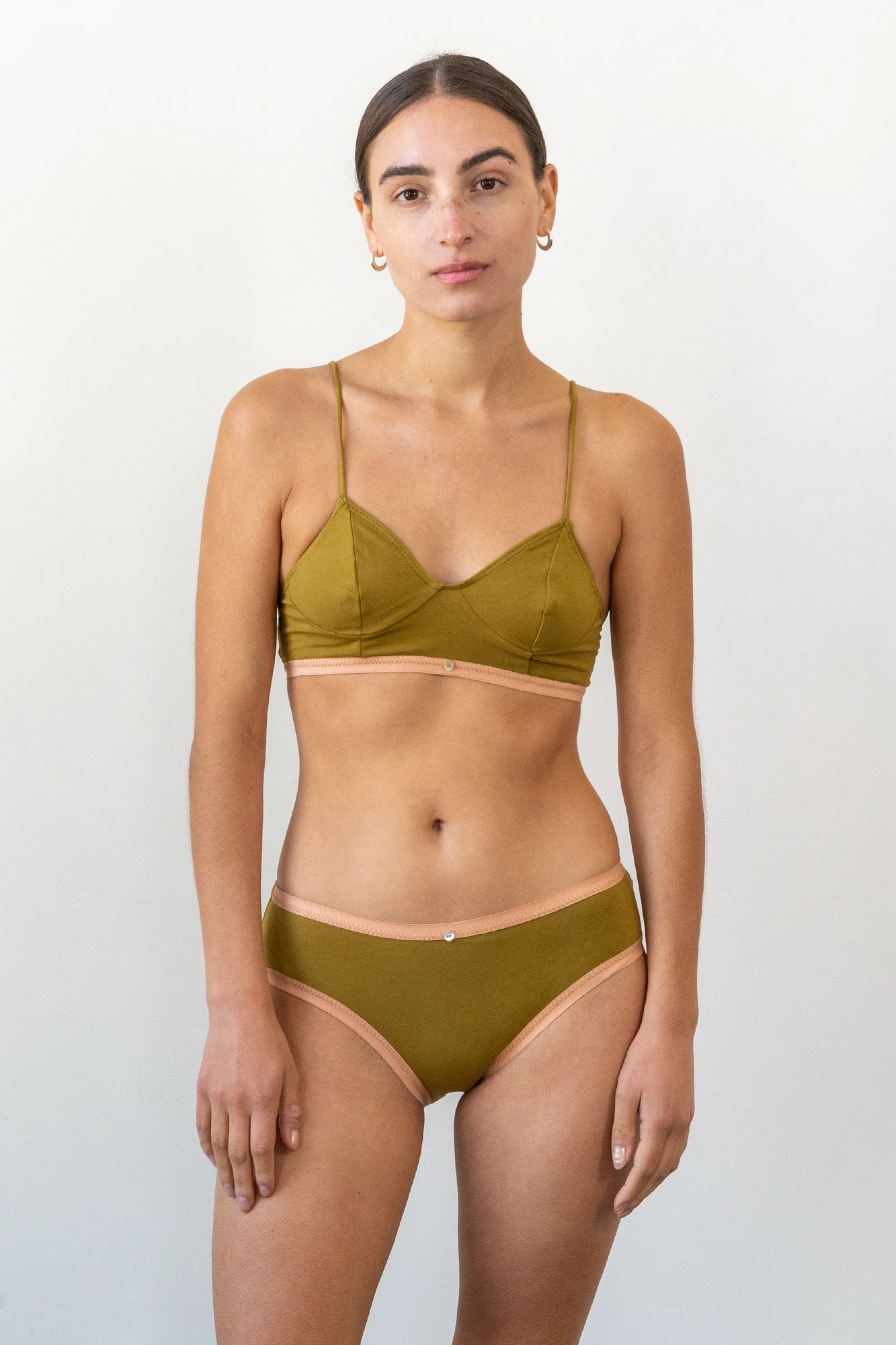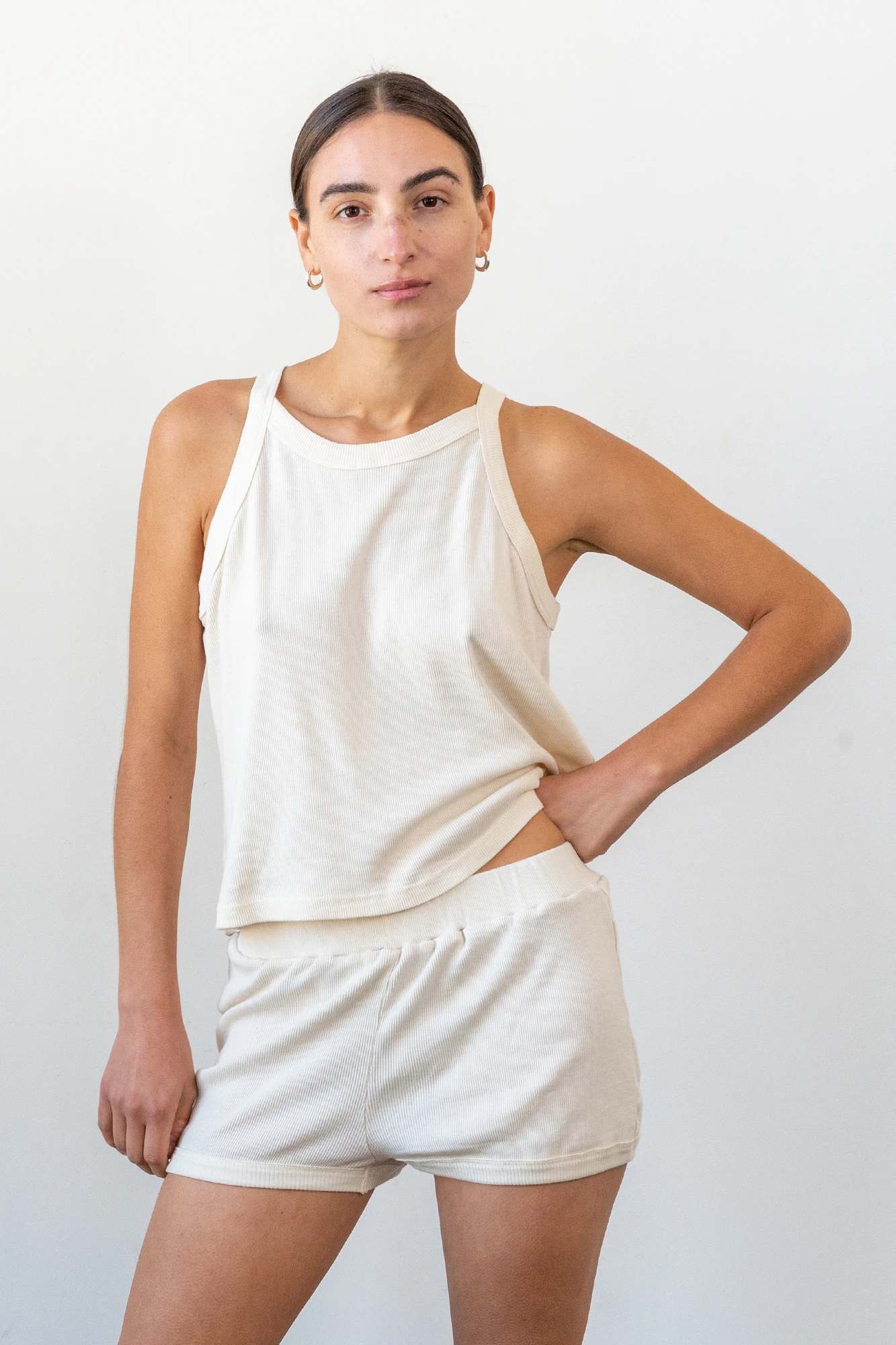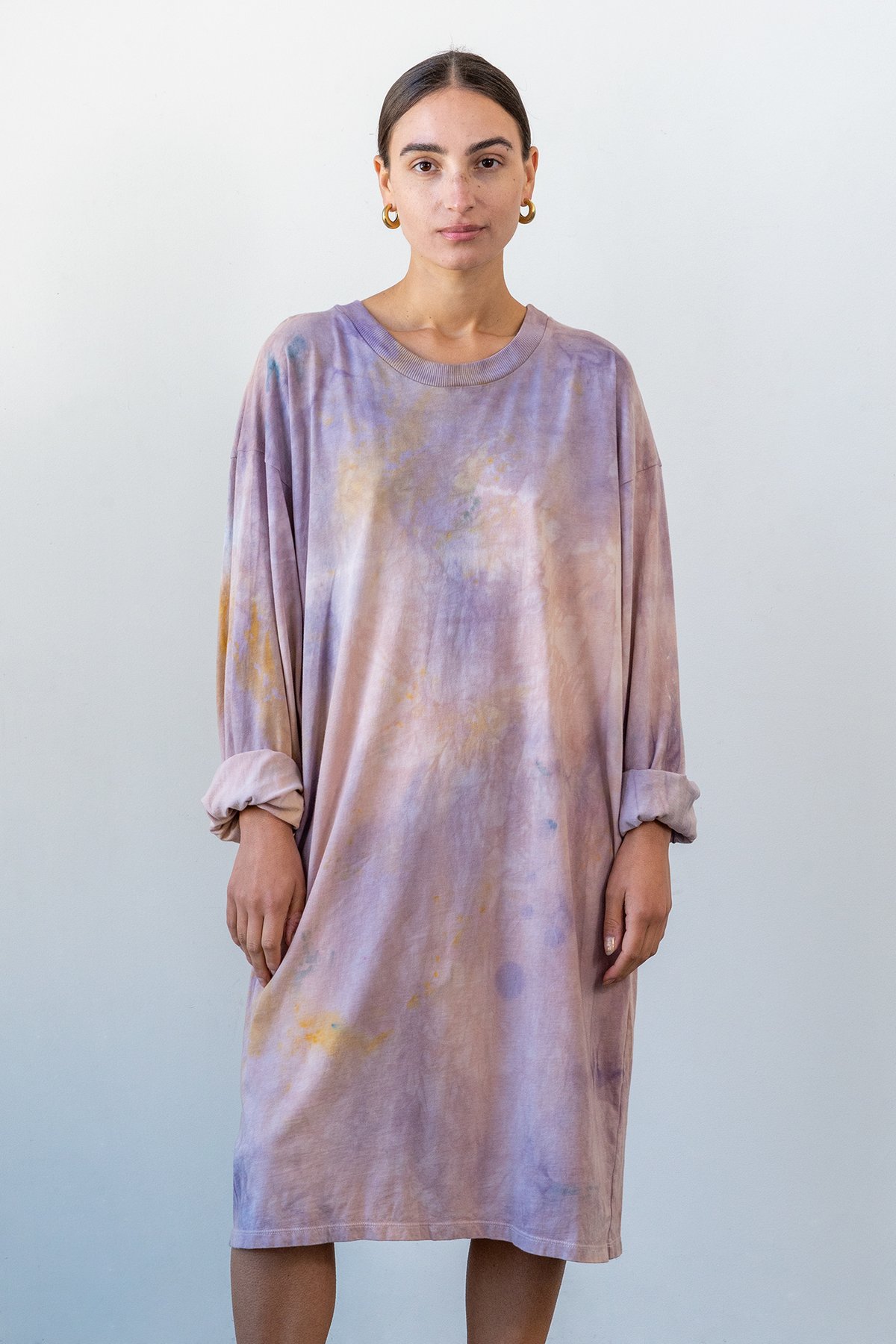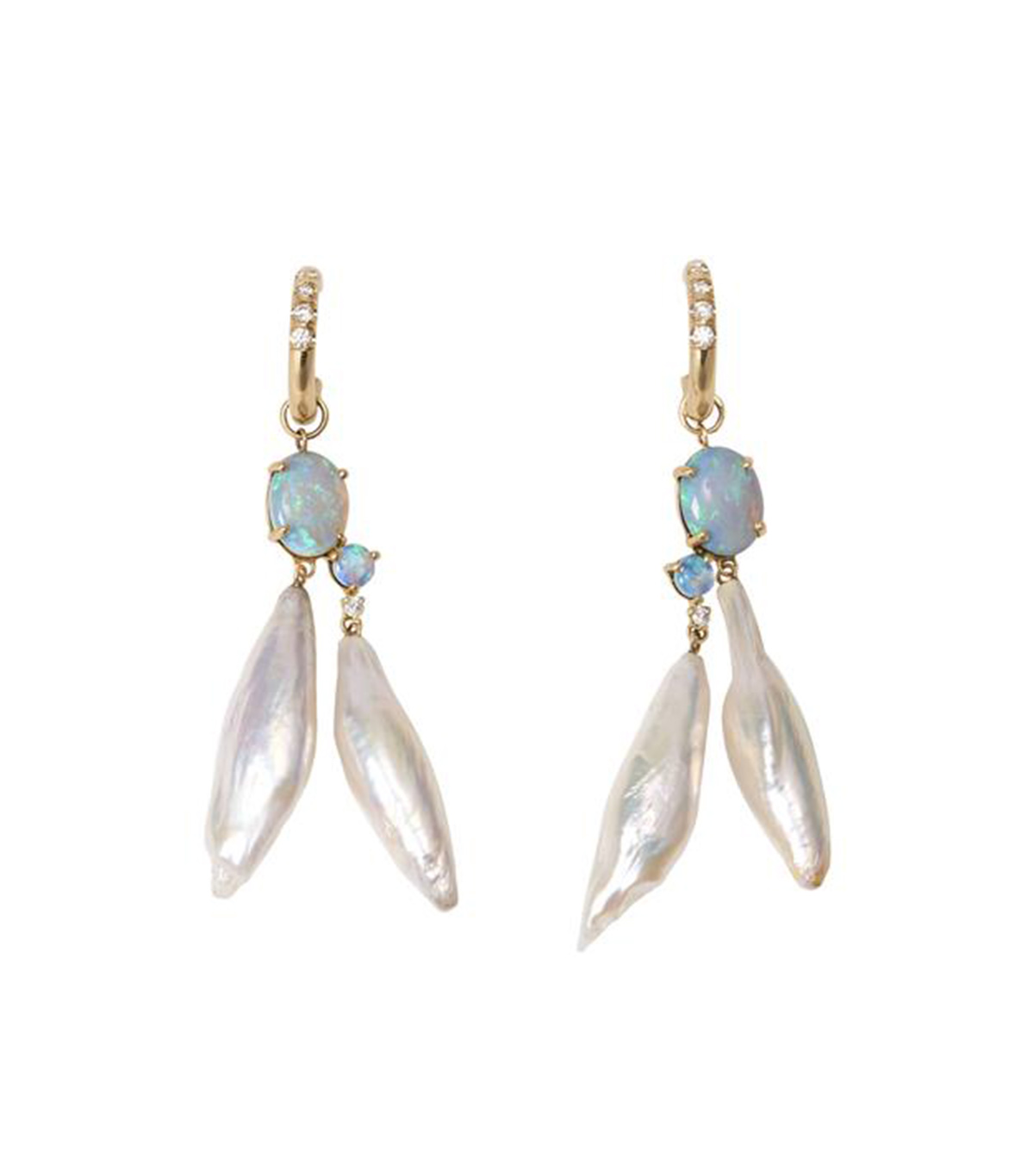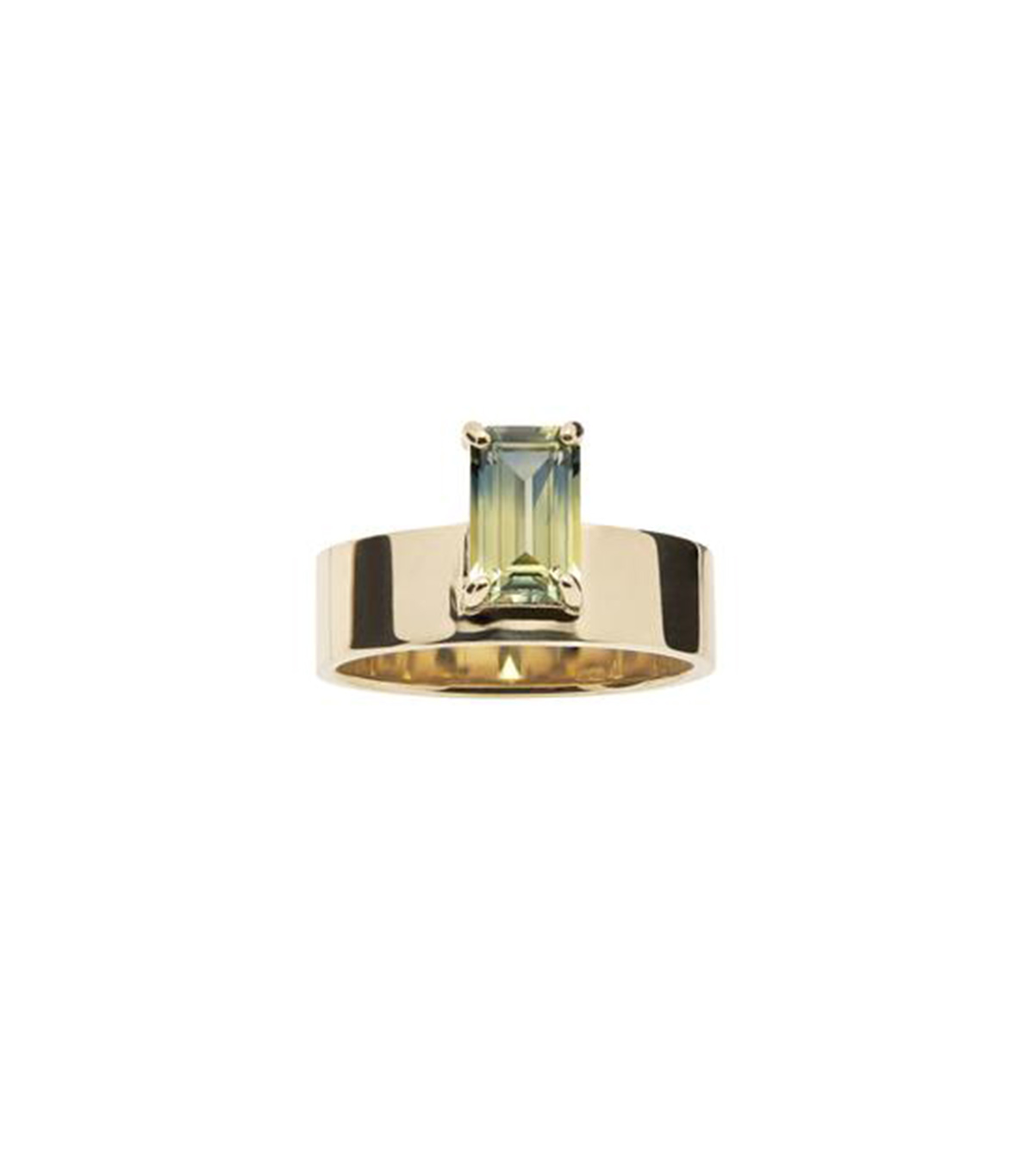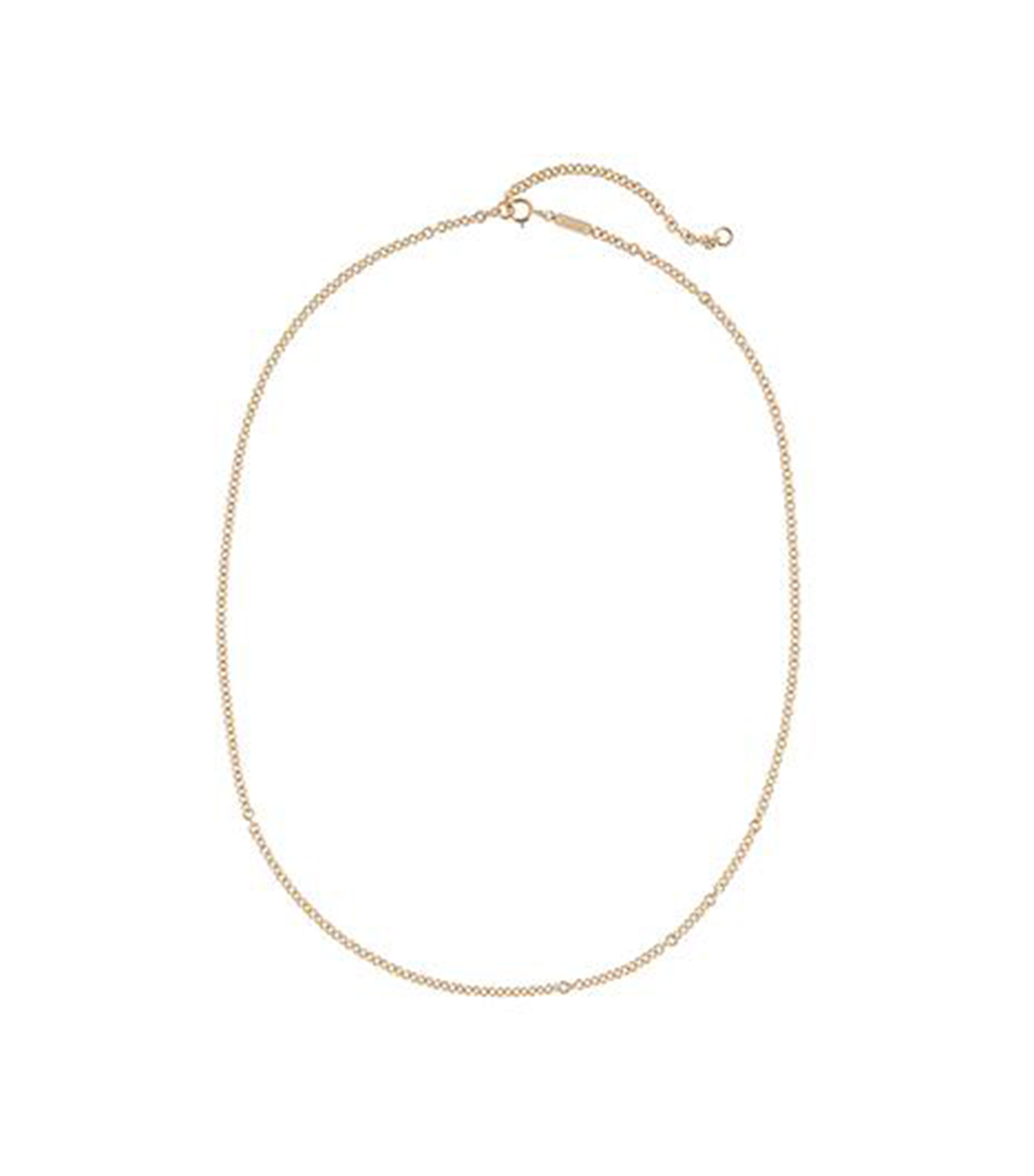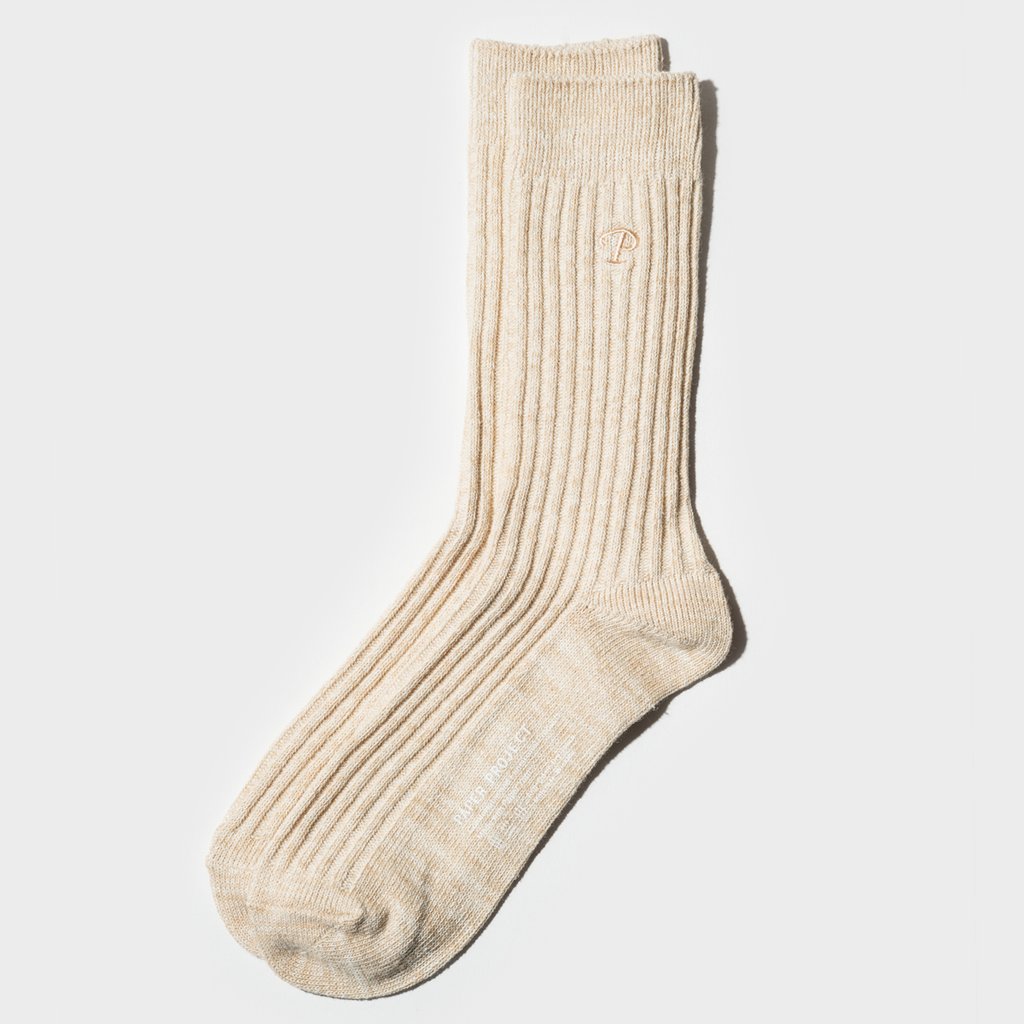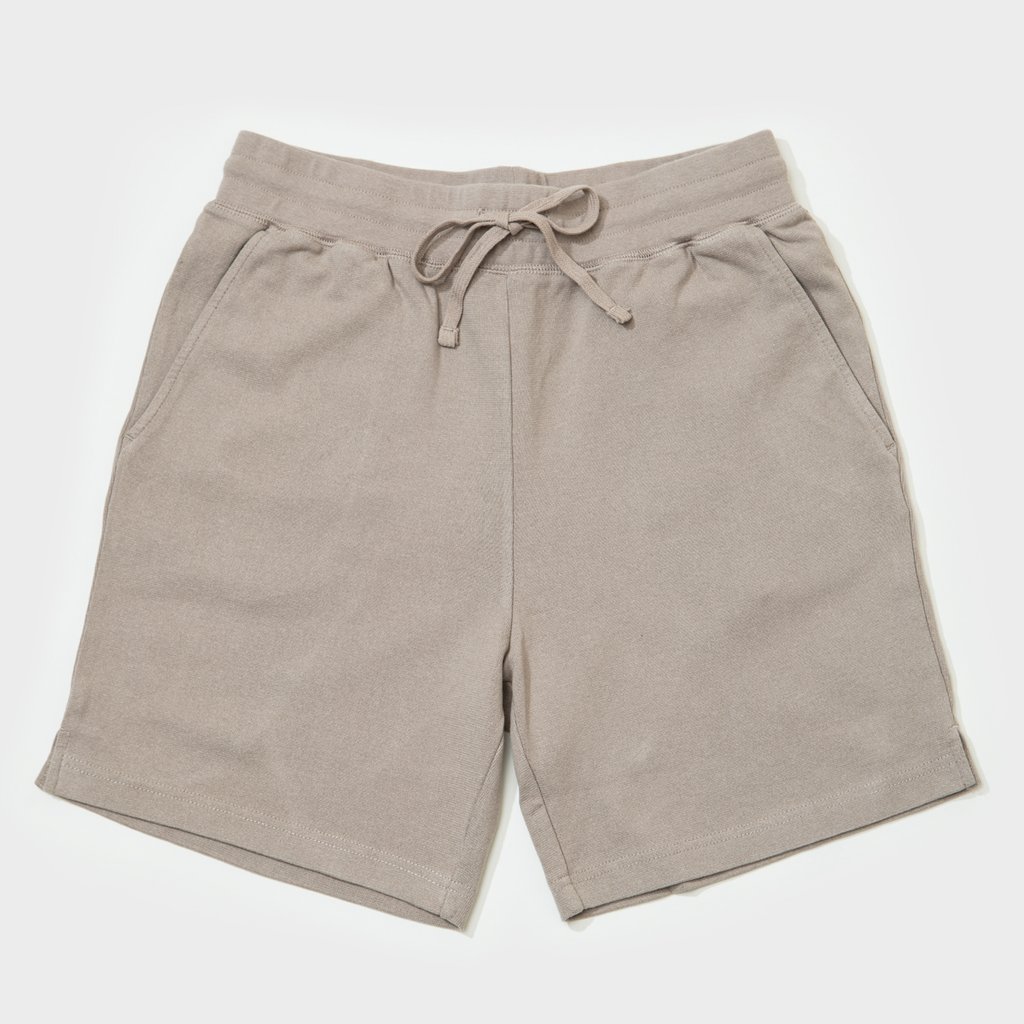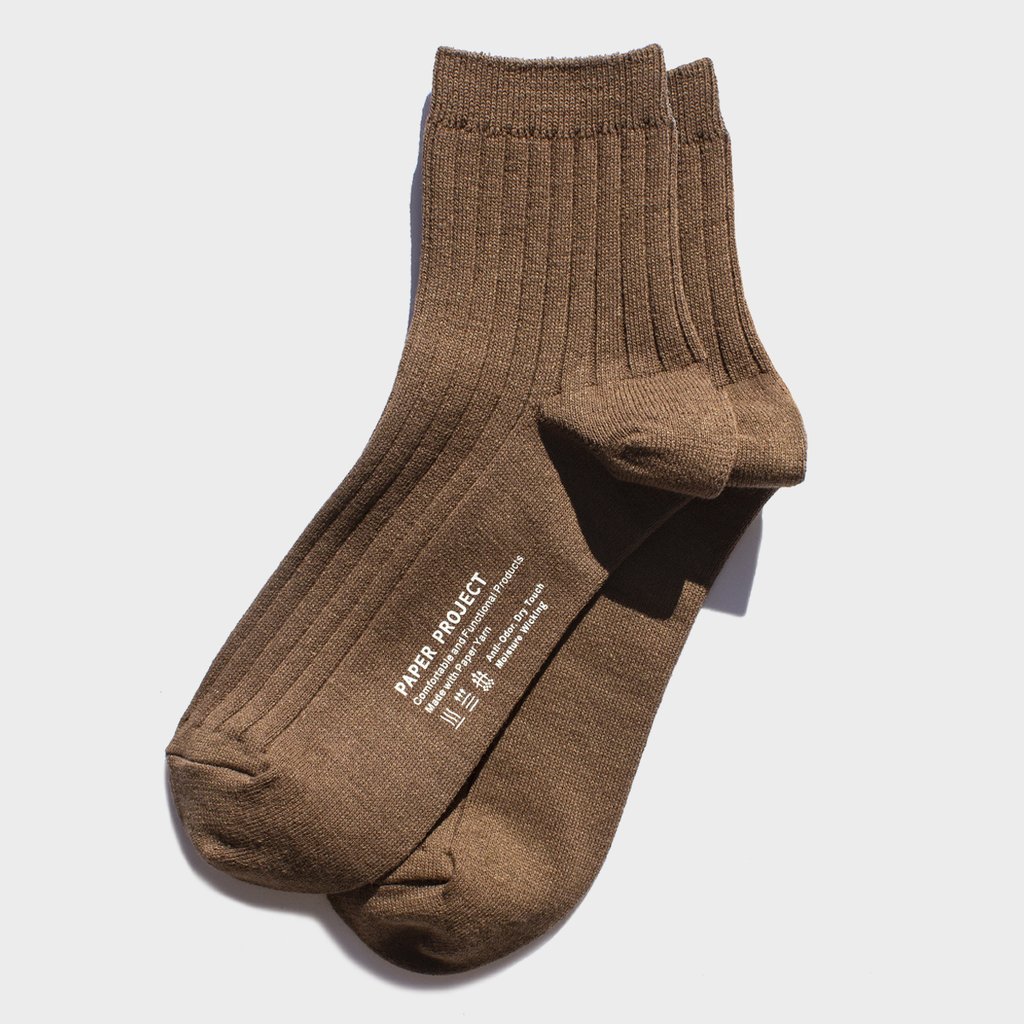I'm a Stylist, and These Are My Favorite Sustainable AAPI-Owned Fashion Brands
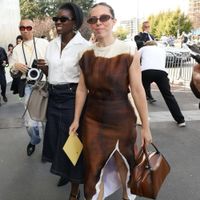
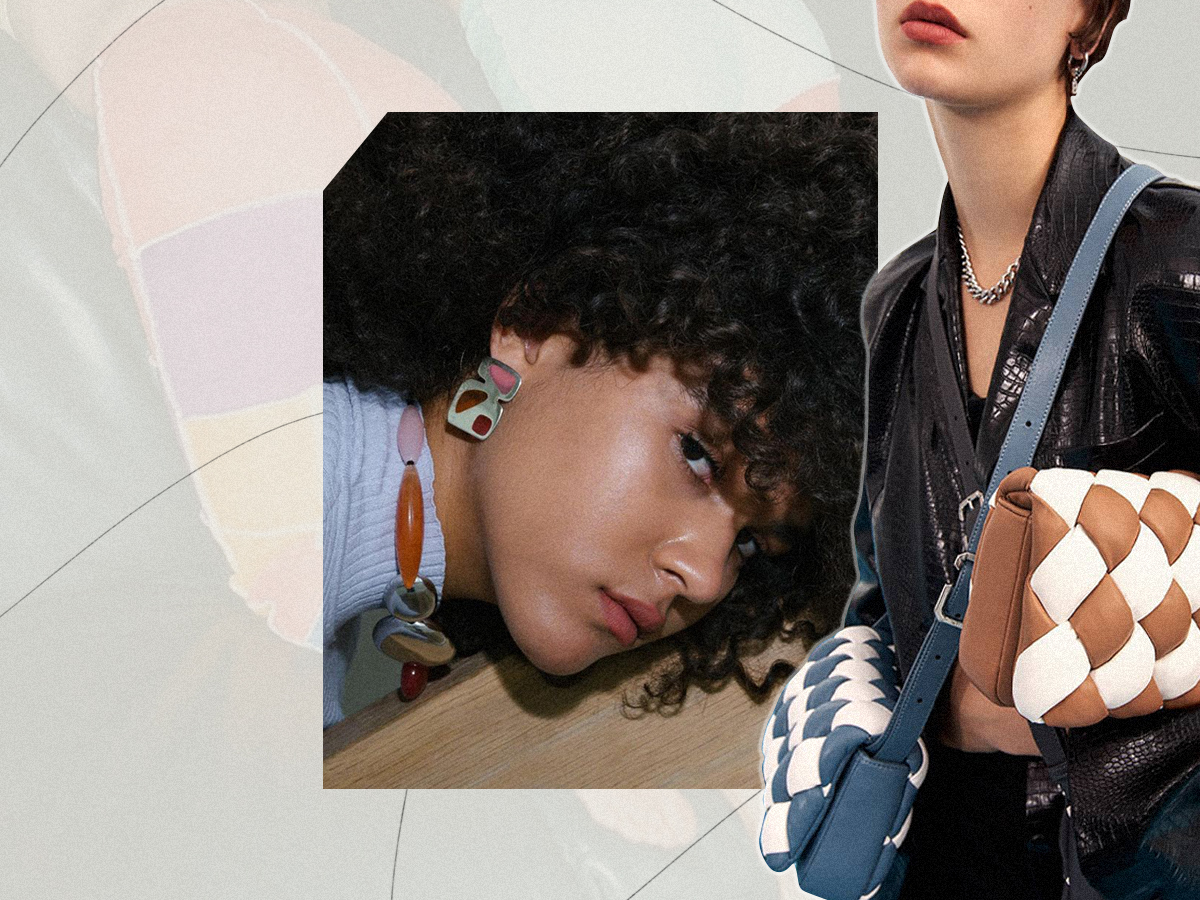
As both an editor and a consumer, I admire quite a few stylists in this industry, but Rachael Wang has always been at the very top of that list. From her earlier days working as a stylist and fashion director at many reputable publications such as W magazine and Style.com, Wang continued to prove to be a noteworthy figure to watch in the sartorial realm. Her work as an independent stylist and consultant since then, however, has been what's truly set her apart. Championing inclusivity and prioritizing sustainability in fashion has always been a core part of Wang's DNA, but once she branched out on her own in 2017, it became the center of nearly every project she took on. She is always featuring new brands and designers and vocalizing the importance of representation across all sectors of the industry, which is why she was the perfect person to tap for this story.
As a Chinese American herself, Asian American and Pacific Islander communities are always top-of-mind for Wang, and today, I was keen on having her share the AAPI-owned brands that also happen to be sustainable. Below, you will get to hear Wang speak on a handful of the brands she loves supporting in this space in addition to a few other questions I had for her about being a more conscious fashion consumer, supporting the AAPI community, and much more.
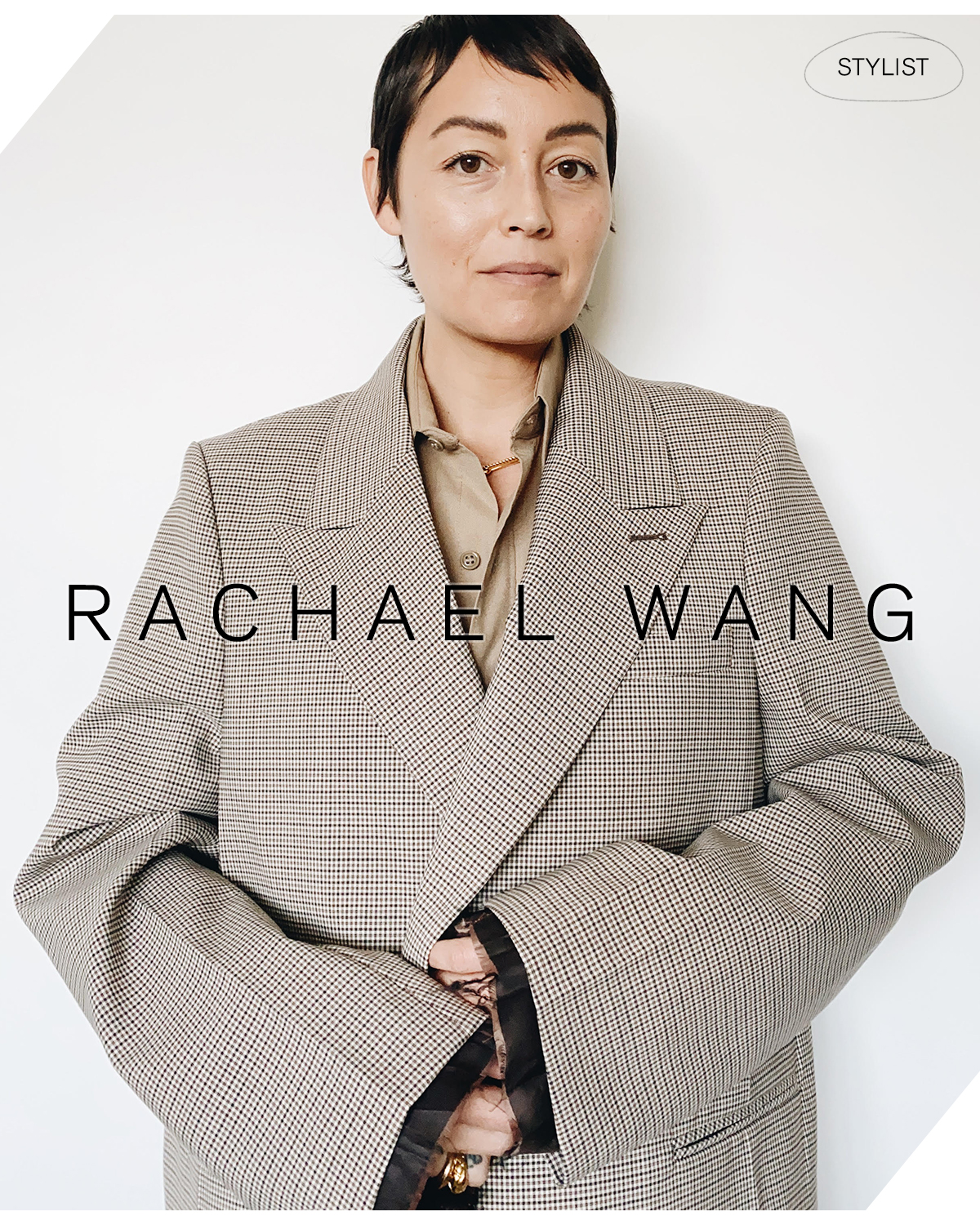
Why is responsible fashion important to you and your styling work?
I feel that it's very much my responsibility, as an active participant in the industry, to leave it a better place than I found it. Collectively, the global fashion industry has a lot of power and impact on society, culture, and the planet. To fail to use that power strategically in a way that would positively benefit the most vulnerable and to reverse the environmental damage that the industry is significantly responsible for would be a tragedy.
What's the biggest misconception around responsible clothing, in your opinion?
I think there is a misconception that responsible clothing is expensive. Brands continue to underpay people in the supply chain in order to keep the price of garments low because making clothes cheap motivates people to shop more. Brands have programmed us to think that clothes should be cheap. But making clothes actually requires a lot of time, energy, resources, and expertise and should cost more than we might like it to.
A T-shirt should cost more than an avocado, for example. An avocado is expected to be used once, twice maybe. A T-shirt should be used hundreds of times. It should last decades if made and cared for correctly. The making of a T-shirt requires that the cotton is grown, picked, woven, dyed, cut, stitched, packaged, and shipped, which is an oversimplification of course, all by human beings who must be paid in order to earn a living to support themselves or their families. The avocado is grown, picked, packaged, and shipped—fewer people work on preparing an avocado to be sold.
We've been brainwashed to think it's normal for a T-shirt to cost $1.75 so that anything higher is perceived as expensive. The price a responsible brand charges us includes paying what is fair to all the skilled people who bring a garment into existence in addition to the costs associated with choosing textiles and processes that are less taxing on the environment. Naturally, this price will be higher. But higher isn't a bad thing.
Instead of buying five to six pieces of clothing a month, maybe we should be aiming to buy five to six things a year. As consumers, we need to resist a bit against the brainwashing and work to find contentment to wear what we already own. Buying something new should require saving up and choosing something special that will be worn and cherished for a very long time.
What are some of your favorite ways to be a conscious fashion consumer?
More than anything, I love and feel very grateful when I have the opportunity to support BIPOC entrepreneurs. The fashion industry has a history of appropriating wisdom, style, technique, technology, and craft from cultures around the world. It's time to support the livelihoods of those who continue to provide "inspiration" for an industry that capitalizes off of their ideas year after year.
What impact does a person have when they shop from a responsible fashion brand?
There is so much good that comes from supporting responsible brands. Number one, we directly support the livelihoods of all people that work throughout the supply chain of the brand. When a brand prioritizes paying fair wages, we know that we are sustaining a living for folks to provide for themselves or their families. Number two, we reduce our impact on the environment. By purchasing something made from hemp, for example, we know that less water is used to grow the hemp. No pesticides are used, so persistent chemicals are eliminated, and at this garment's end life, it is completely biodegradable, which means no waste. If we buy something secondhand or upcycled, the environmental impact is even further reduced. Plus, we save something from going into the landfill. Lastly, by purchasing from responsible brands, we are, in essence, voting for the kinds of products we want brands to continue to offer.
Anything you'd like to add about supporting brands owned by the AAPI community? Perhaps why it's important to you.
Without ethnic, cultural, racial, body, ability, faith, and income diversity, the fashion industry would be boring. Not only is it important to support companies that prioritize people and the planet, but it's also important to support the people behind the companies that make the industry so inspiring.
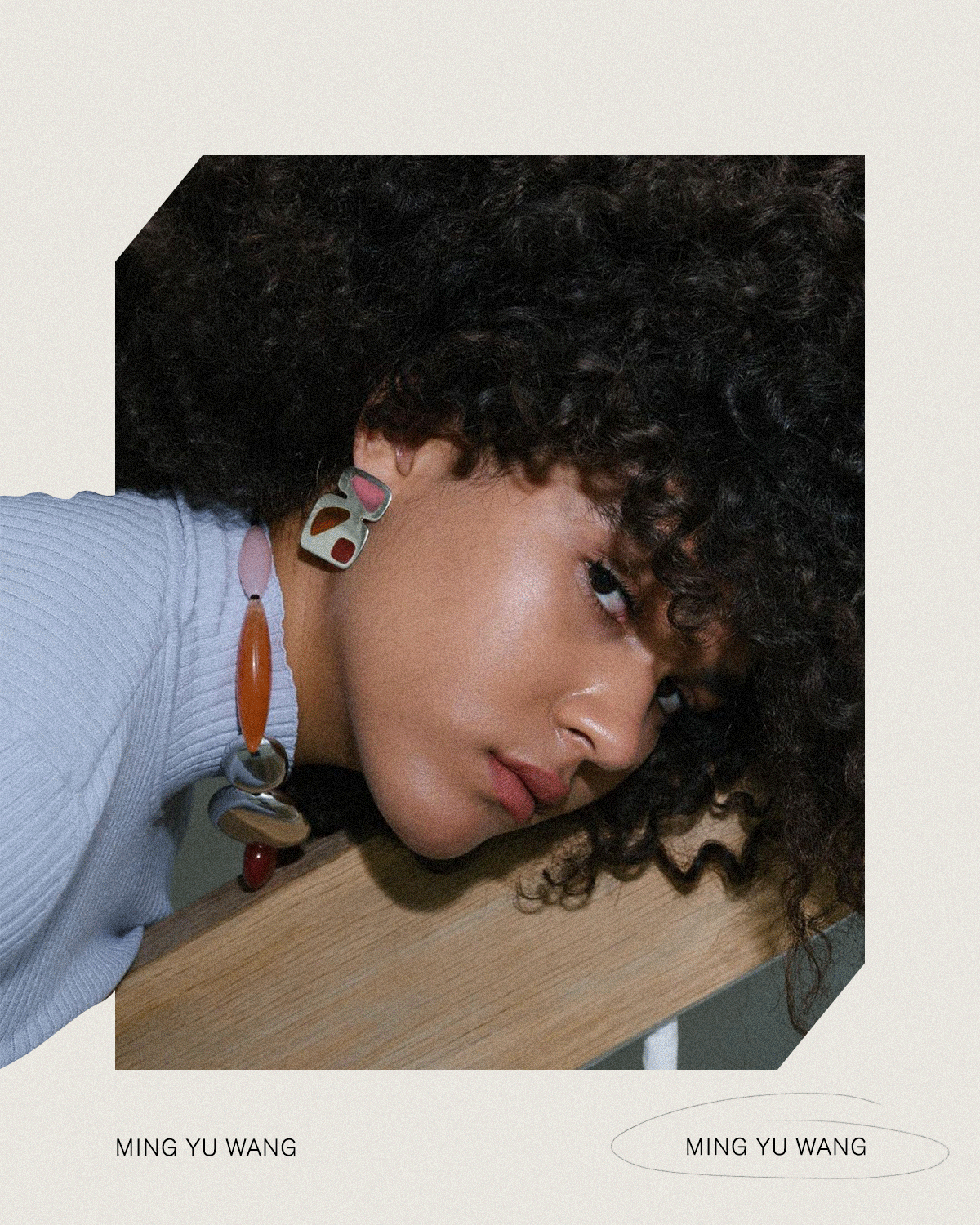
"Taiwanese American designer Jennifer Wang has been working with recycled silver since 2013 when she founded her jewelry company Ming Yu Wang. Her pieces occupy the elusive and highly coveted, in my opinion, space between timeless and timely, minimal and bold. I own a particularly large statement piece that finds its way onto my neck season after season, year after year, which I believe to be the most important factor in sustainably-minded design."
Shop Rachael's picks:
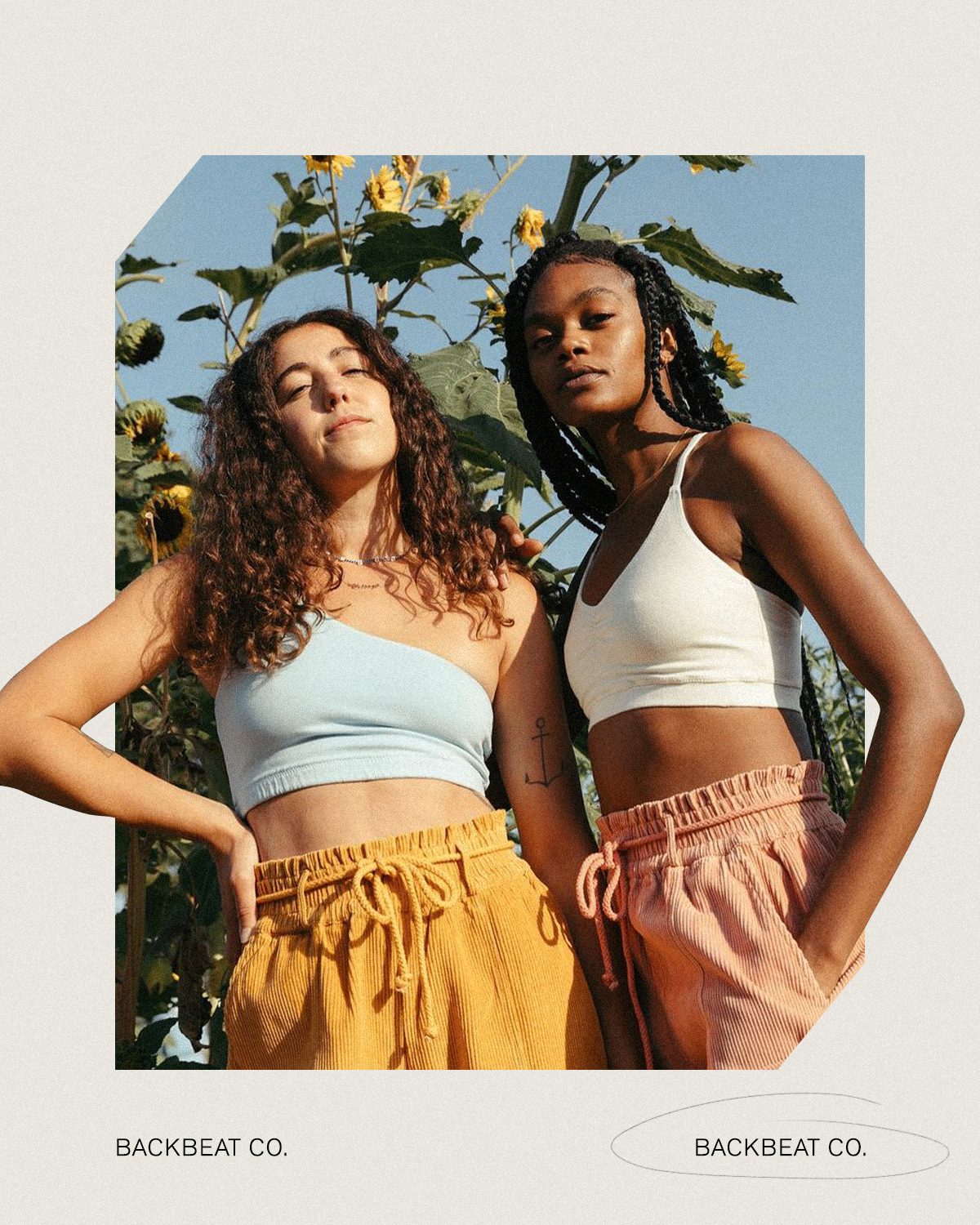
"I don't remember exactly how or when I discovered Back Beat, but it was one of the first brands I was really excited about in the conscious-fashion space before sustainability was all the rage. Isadora Alvarez hails from the Philippines and started designing low-impact everyday essentials in 2016 in Los Angeles under the name Back Beat Co. She is one of the few CEOs who completely shuns conventional textiles and is willing to pay the steep premium for hemp and organic cotton, thereby narrowing her own profit margins. It's also really important to her that she keep her price points fair so that low-impact fashion can be accessible to more people. I can't stress enough how rare her uncompromising vision and commitment to people and the planet are in the industry."
Shop Rachael's picks:
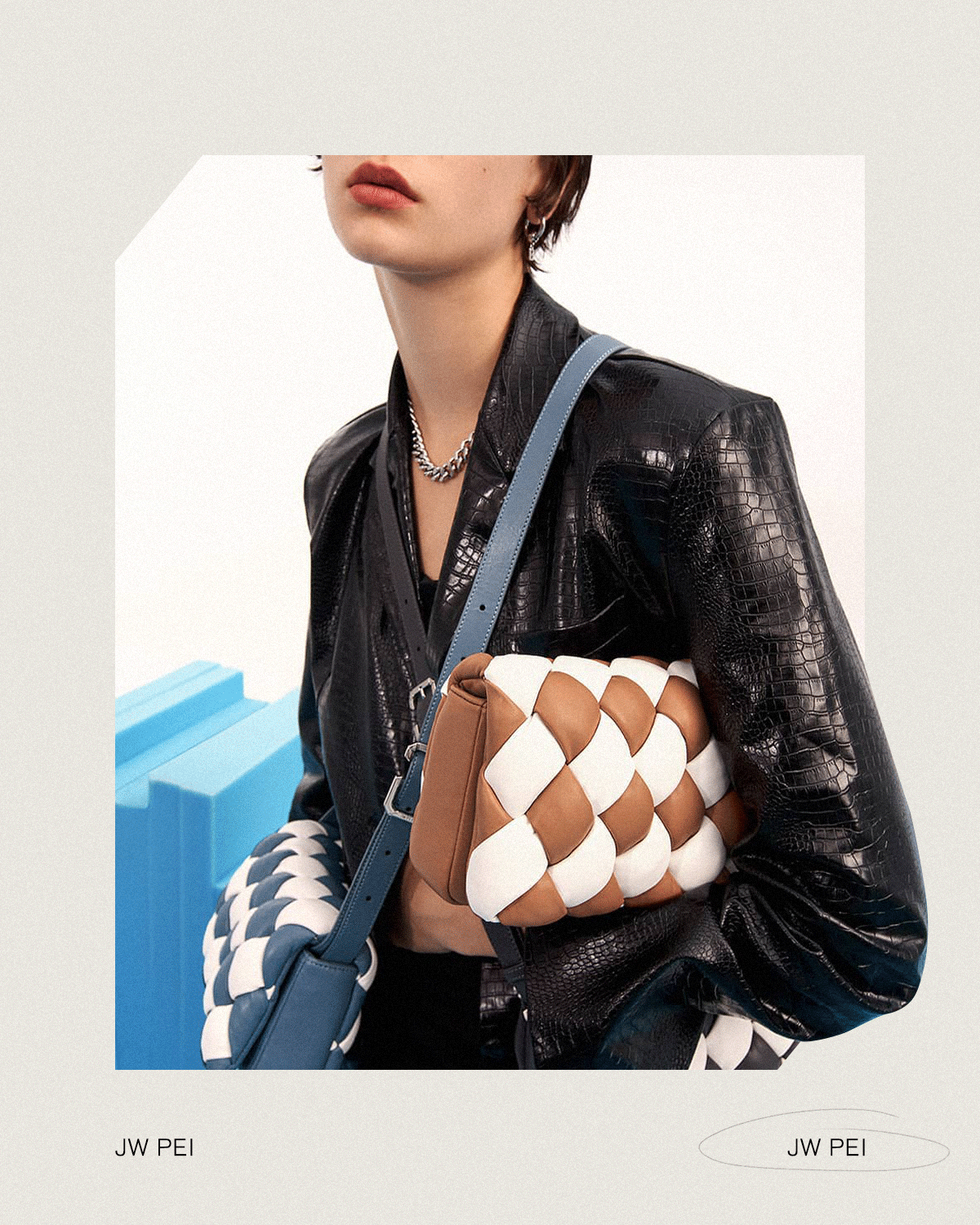
"The production of leather is known to have significant environmental impacts, including deforestation, land overuse, and significant water requirements—not to mention the toxic chemicals workers are exposed to in the tanning process. I also acknowledge that the common use of synthetics as a substitution for leather is not a good long-term solution either, as synthetics do not biodegrade, adding to the extensive global problem of what to do with all our waste. Until Modern Meadow's leather innovation technology becomes a bigger part of the fashion conversation, I think designing products with textiles converted from plastic bottles is a great way to solve the ethics issue for vegans and to start chipping away at the waste crisis. JW Pei, a vegan-accessories brand founded in 2017 by Hong Kongese husband and wife duo Yang Pei and Steph Li, is doing just that."
Shop Rachael's picks:
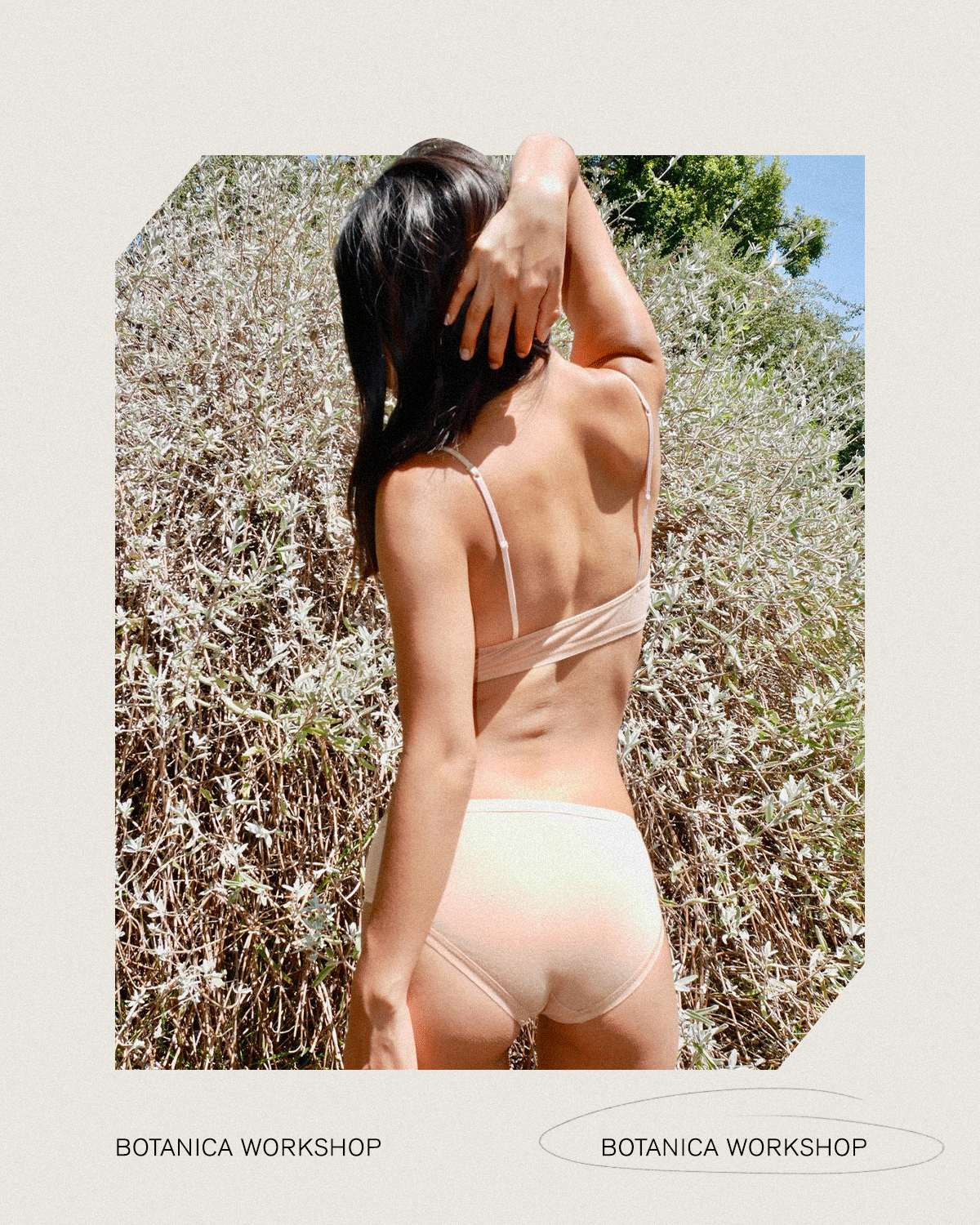
"Back in 2014, Misa Miyagawa saw a need for responsibly produced intimates with a designer aesthetic, and so Botanica Workshop was born. Misa, who is Japanese American, believes deeply in supporting small local manufacturers and artisans, creating opportunities for local talent. In an oversaturated fashion market, Botanica Workshop provides a very controlled and streamlined offering. Rather than trying to offer something for everyone, Misa only does a few things but does them well. I think more companies should take that lead because the 'more is more' mentality is what got us into climate crisis in the first place."
Shop Rachael's picks:
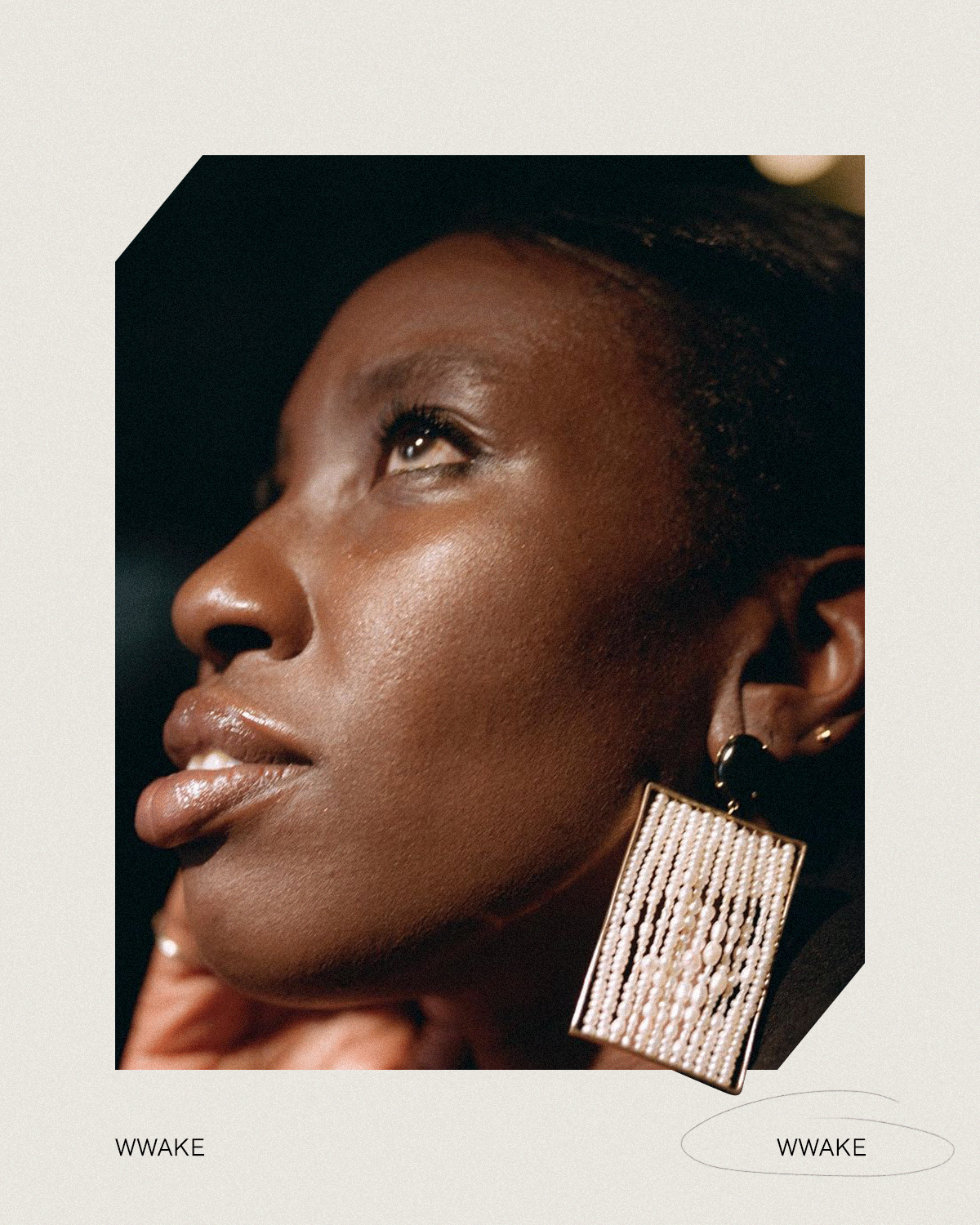
"I probably spend more time engaging with Wing Yau's archeological deep dives into the history of opals than anything else on social media. Her eye-popping educational chronicles speak to the nerd in me and the lengths to which she goes to inform her own design process for her fine-jewelry brand Wwake. Wing is Chinese Canadian and grew up in South America, an identity that seems to shape the expansive worldview that permeates her conscious design principles. Wing prioritizes designing with recycled materials to reduce Wwake's participation in commercial mining practices while also opting to support fair-trade materials, which builds responsible mining communities around the globe. Wing's goal is to focus on supporting an entire chain of people through Wwake with careful sourcing, planning, and learning—a complex process she admits to working on every day."
Shop Rachael's picks:
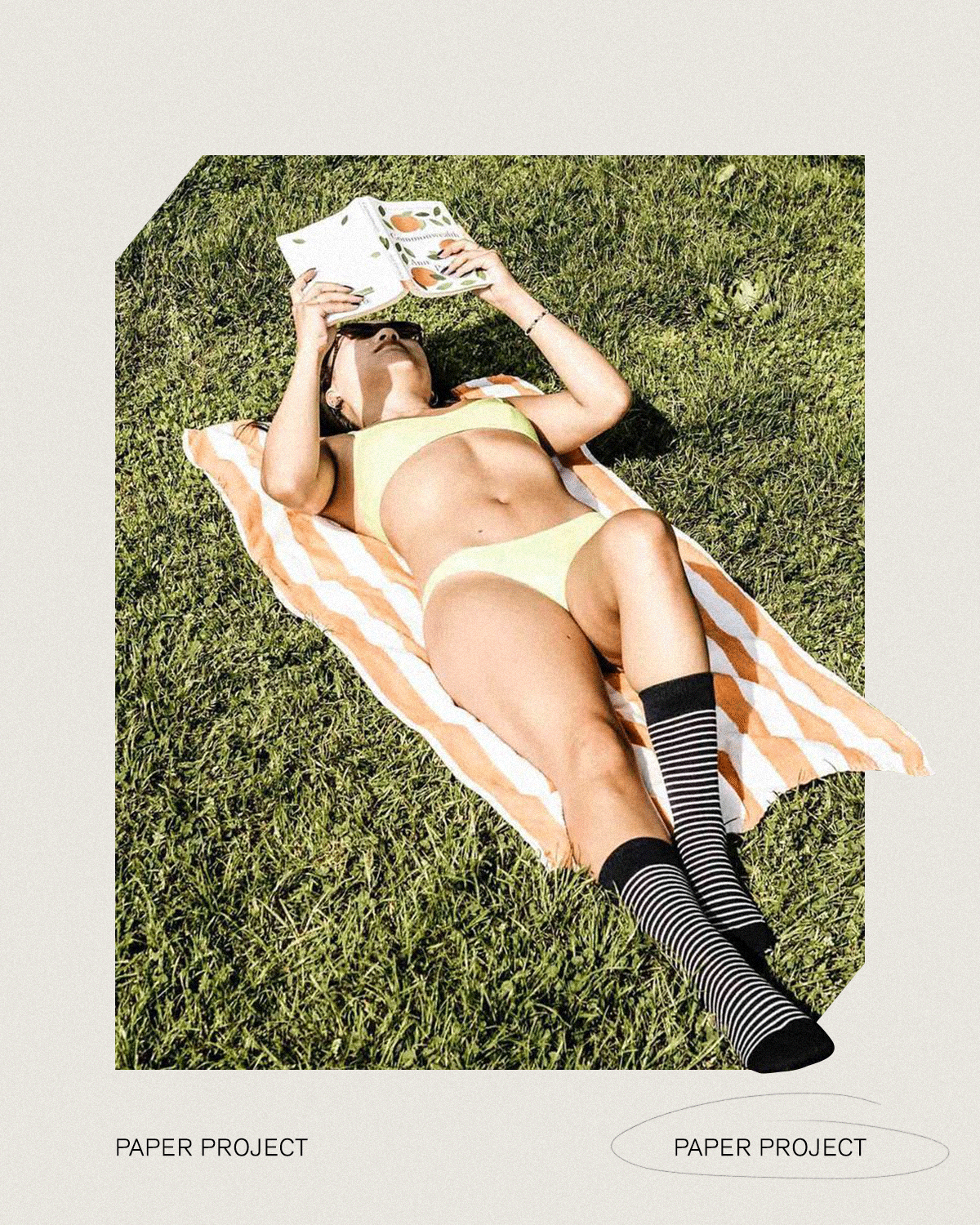
"Japanese textile expert Shoko Goda founded Paper Project as a way to incorporate washi or 'paper yarn,' a traditional technique that has been used in Japan for hundreds of years, into a contemporary design practice. Shoko considers paper yarn to be an ideal textile for its natural anti-odor, moisture-wicking, and antibacterial qualities and blends it with other low-environmental-impact fibers like organic cotton and hemp to create their signature basics. The yarn used as a foundation for all Paper Project garments is derived from the Manila hemp plant grown in the Philippines and known for being quick growing and minimizing erosion."
Shop Rachael's picks:
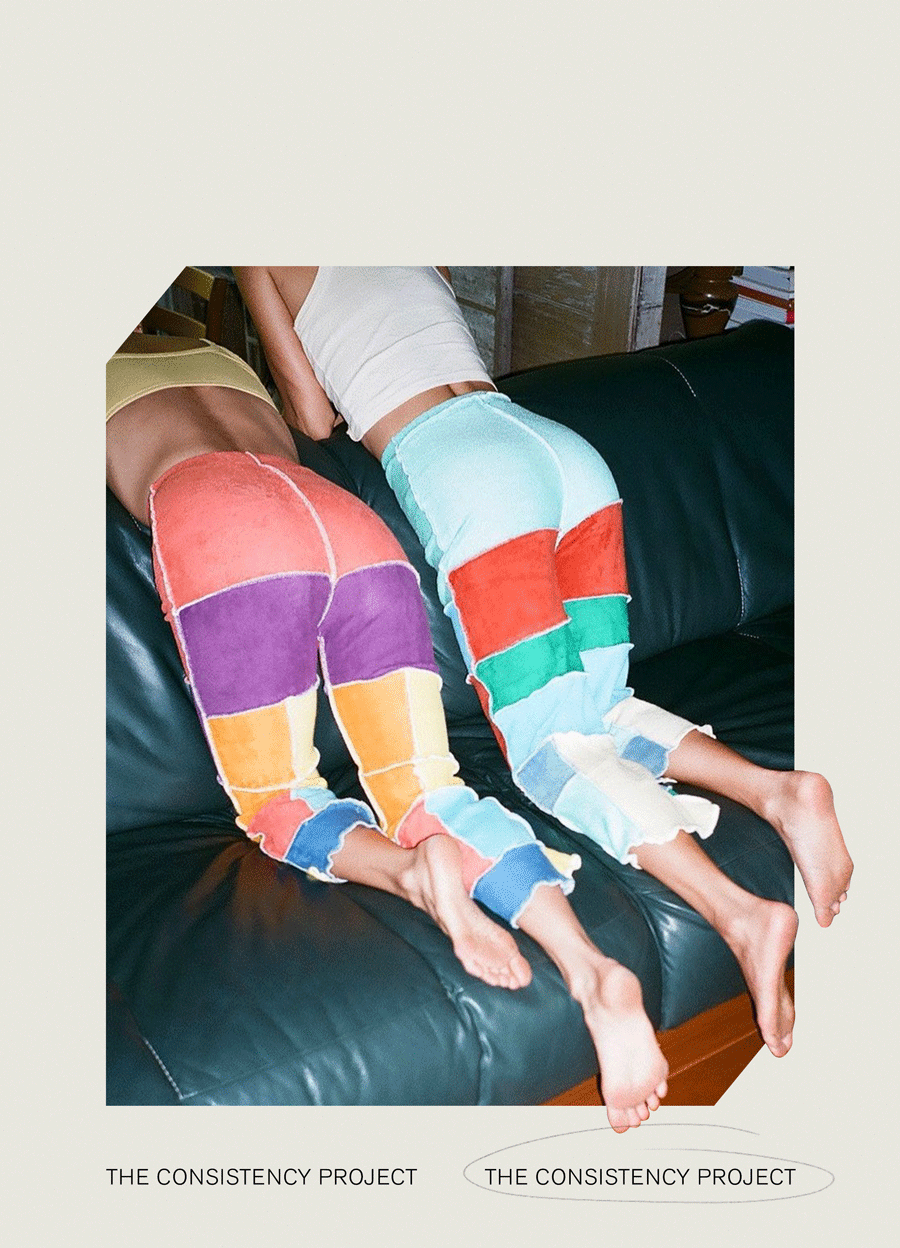
"I discovered The Consistency Project through some adorable patchwork pants I saw my friend Jayne Min's daughters wearing and was really swept up in Chinese and Korean founder Natasha Halesworth's approach. She created The Consistency Project in 2017 to inspire meaningful conversations around sustainability by showing the inspired possibilities of secondhand. The Consistency Project sells curated secondhand garments and designs reworked clothing for a gender- and age-inclusive audience. Natasha stresses the importance of extending the lifespan of garments as well as the urgency of making low-impact fashion financially accessible, two points I'm also desperately hung up on."
Next up, here are 11 more ways to support AAPI organizations.
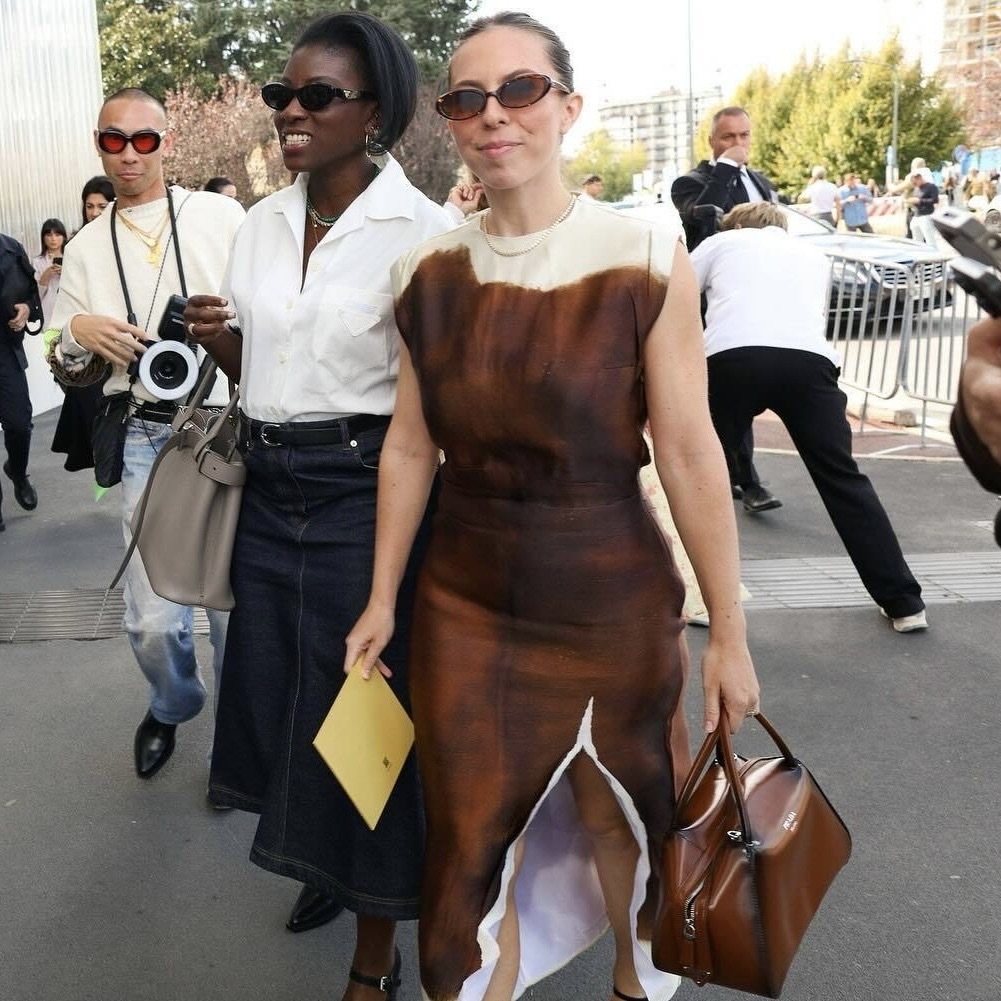
Lauren Eggertsen is currently the editorial director ofBest Knockoff Luxury Clothing and has worked at the company for over nine years, where she started as an associate editor and has since worked her way up. Lauren has worked in the Los Angeles and New YorkBest Knockoff Luxury Clothing offices but currently calls L.A. home. Here, she leads and managesBest Knockoff Luxury Clothing 's editorial team and oversees all editorial content. Lauren's role also includes helping to set the fashion direction for all original photo shoots and often styles many celebrity cover shoots, including big names like Kaia Gerber, Normani, and Sabrina Carpenter. She has also attended multiple fashion weeks, including New York, London, Milan, and Paris, where her style has been featured on sites such as Vogue, Harpers Bazaar, and Elle.
